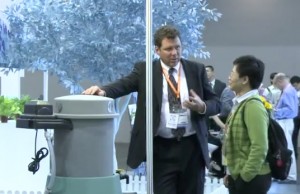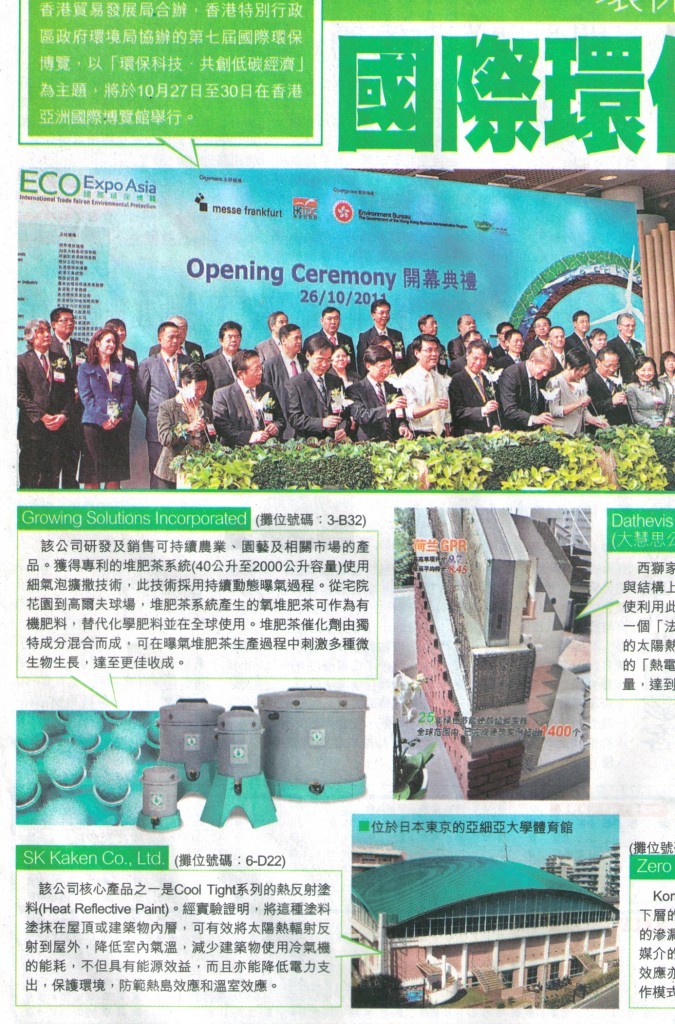Effects of Vermicompost Teas on Plant Growth and Plant Diseases
By Clive A. Edwards, Norman Q. Arancon and Scott Greytak, BioCycle
May 2006
This article highlights recent findings of a Soil Ecology Laboratory research team at Ohio State University in Columbus. The team previously investigated the effects of solid vermicomposts on plant germination and growth, and the suppression of plant disease. More recently, their research extended into the effects of aqueous vermicompost extracts (vermicompost teas) on plant growth and diseases.
“In preliminary research, we have demonstrated clearly that ‘teas’ produced with aeration are much more stable and effective than those produced without aeration.”
The research tested the effects of a range of concentration of teas produced from cattle waste vermicomposts on the germination and growth of tomatoes. All tea concentrations (as low as 0.5%) increased the germination and growth signficantly over a soilless bedding medium without tea.
The research team identified microorganisms and plant growth regulators such as hormones, humic acids and fulvic acids (present in the vermicompost tea) as the most probable mechanisms for growth increases in tomatoes.
Further work by the team involved applying a range of dilutions of vermicompost teas to tomato plants infected with Verticillium wilt, finding after 14 days that all application rates suppressed this plant disease significantly.



